Should doctors give nutritional advice?

A new survey showed 28 percent of California doctors discussed nutrition with patients.
This sounds suspiciously high given the lack of formal nutritional education doctors receive in medical school. The first medical textbook addressing the role of food and nutrients in disease management should help, but it's not available until January.
One doctor I recently interviewed, neurologist David Servan-Schreiber, told me he could recite his nutritional training in about 20 seconds.
"It's a loss less than, maybe, the average reader of Elle Magazine knows and certainly less than Prevention Magazine offers," said Servan-Schreiber, a clinical professor of psychiatry at the University of Pittsburgh School of Medicine and the author of "Anti-Cancer: A new way of life" (Viking, $25.95).
Here's what he said he learned:
- The nature of protein, carbohydrates and fats.
- People who are too fat should eat less.
- People with high blood pressure should eat less salt.
- People with heart disease should eat less sugar.
OK, that's a start. But when will oncologists begin telling cancer patients to eat less sugar and red meat and to cut out trans fats? How many people know that beets, garlic, leeks and kale have been shown to inhibit cancer cell growth in brain, colon, lung and prostate cancer?
"Every single study on oncology shows people who are healthier live longer," said Servan-Schreiber. "So why do you get zero advice about how to get healthier?
"We also know that eating broccoli and drinking green tea will improve every parameter than an internist monitors," he added. "We don't have a single drug in the world that does this. So what's wrong with telling a person who has cancer, 'Look, I'll put you on a diet to make you a healthier person.' The better you are, the better your chances are for survival."
Thanks to the Weighty Matters blog for alerting me to the California study.


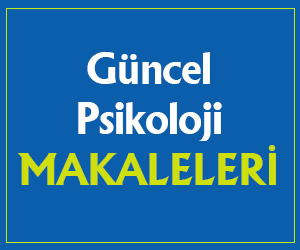


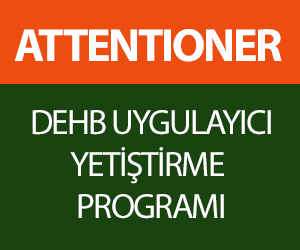

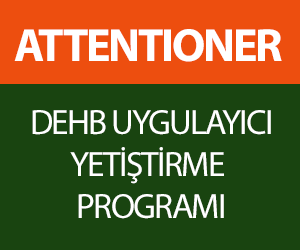
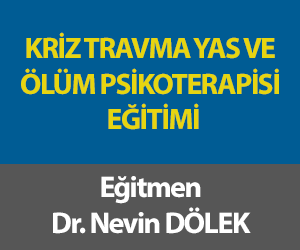
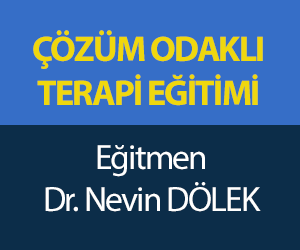
Türkçe karakter kullanılmayan ve büyük harflerle yazılmış yorumlar onaylanmamaktadır.